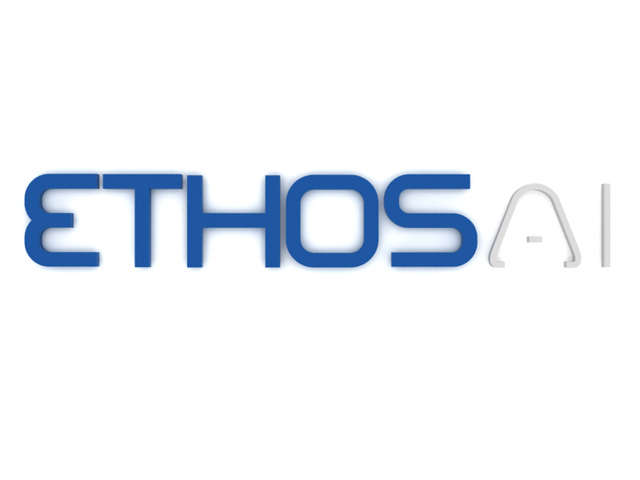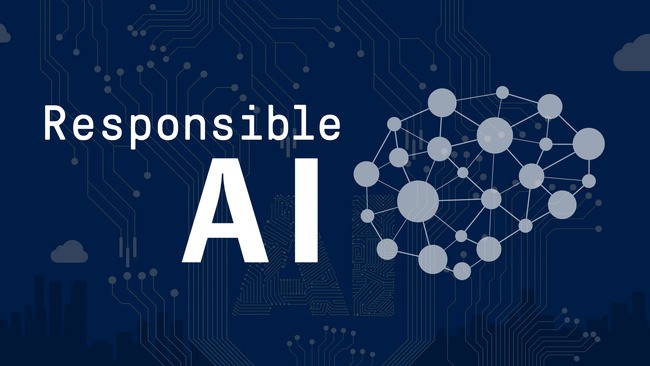Responsible AI: Guiding Principles for Transparent and Fair AI

Strong 8k brings an ultra-HD IPTV experience to your living room and your pocket.
As artificial intelligence (AI) continues to advance and integrate into various facets of daily life, the demand for responsible AI practices has never been more critical. Ensuring that AI systems are transparent, fair, and ethical is essential for fostering trust and mitigating potential risks. This article explores the guiding principles for responsible AI and highlights how tools like AI audits and initiatives like EthosAI are pivotal in achieving these goals.
The Need for Responsible AI
The rapid development of AI technologies brings numerous benefits, from automating routine tasks to enabling complex data analysis. However, these advancements also raise significant ethical and social concerns. Issues such as bias in algorithms, lack of transparency in decision-making processes, and the potential for misuse of AI can have far-reaching consequences. To address these challenges, it is essential to adhere to guiding principles that promote transparency and fairness in AI systems.
Guiding Principles for Transparent and Fair AI
1. Transparency and Explainability:
a) Principle: AI systems should operate in a way that is understandable and transparent to users.
b) Implementation: Ensuring transparency involves making AI decision-making processes and methodologies clear and accessible. Explainable AI (XAI) techniques should be employed to provide users with insights into how decisions are made, which enhances trust and allows for better oversight.
2. Fairness and Bias Mitigation:
a) Principle: AI systems must be designed to avoid and correct biases that could lead to unfair treatment of individuals.
b) Implementation: Regularly conducting bias audits and incorporating diverse datasets can help identify and mitigate potential biases. Fairness algorithms should be used to ensure that AI systems make equitable decisions across different demographic groups.
3. Accountability and Responsibility:
a) Principle: Developers and organizations should be accountable for the outcomes of their AI systems.
b) Implementation: Establish clear lines of responsibility and ensure that there are mechanisms in place for addressing grievances and rectifying issues. AI audits play a crucial role in assessing compliance with ethical standards and ensuring that AI systems operate as intended.
4. Privacy and Data Protection:
a) Principle: AI systems must respect user privacy and ensure that data is handled securely.
b) Implementation: Adhere to data protection regulations and implement robust security measures to protect sensitive information. Techniques such as data anonymization and encryption should be used to safeguard user privacy.
5. Ethical Use and Impact Assessment:
a) Principle: AI technologies should be used ethically and with consideration for their potential impact on society.
b) Implementation: Perform impact assessments to evaluate the potential effects of AI systems on individuals and communities. Ethical guidelines should be established to ensure that AI applications are used for the benefit of society and do not cause harm.
The Role of AI Audit and EthosAI
AI Audit: Conducting regular AI audits is a key practice in maintaining responsible AI. An AI audit involves a comprehensive review of AI systems to assess their adherence to ethical guidelines and regulatory standards. This process helps identify potential issues, such as biases or transparency gaps, and provides recommendations for improvement. By integrating AI audits into their practices, organizations can ensure that their AI systems are continuously evaluated and refined, promoting greater accountability and trust.
EthosAI: EthosAI is an initiative focused on bridging the gap between technology and ethics. It aims to develop frameworks and tools that support the creation of ethical AI systems. EthosAI emphasizes the importance of integrating ethical considerations into every stage of AI development, from design to deployment. By adopting EthosAI principles, organizations can align their AI practices with broader ethical standards and contribute to the responsible advancement of technology.
Conclusion
Responsible AI is crucial for ensuring that the benefits of artificial intelligence are realized in a manner that is transparent, fair, and ethical. By adhering to guiding principles such as transparency, fairness, accountability, privacy, and ethical use, organizations can foster trust and mitigate potential risks associated with AI technologies. Tools like AI audits and initiatives like EthosAI are essential in supporting these efforts, providing frameworks for evaluating and improving AI systems. As we continue to advance in the AI field, prioritizing these principles will be key to building a future where technology serves the greater good and upholds the highest ethical standards.
Note: IndiBlogHub features both user-submitted and editorial content. We do not verify third-party contributions. Read our Disclaimer and Privacy Policyfor details.







